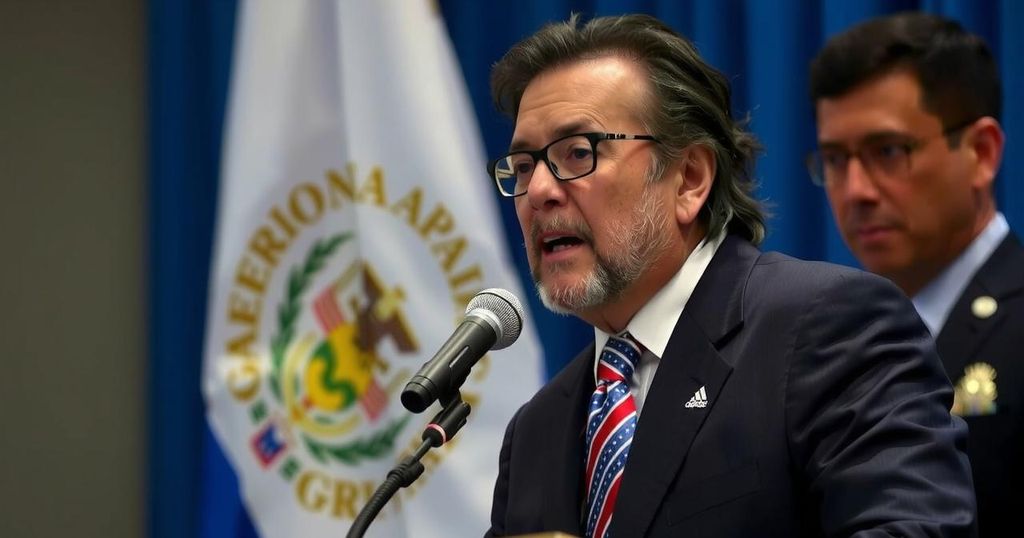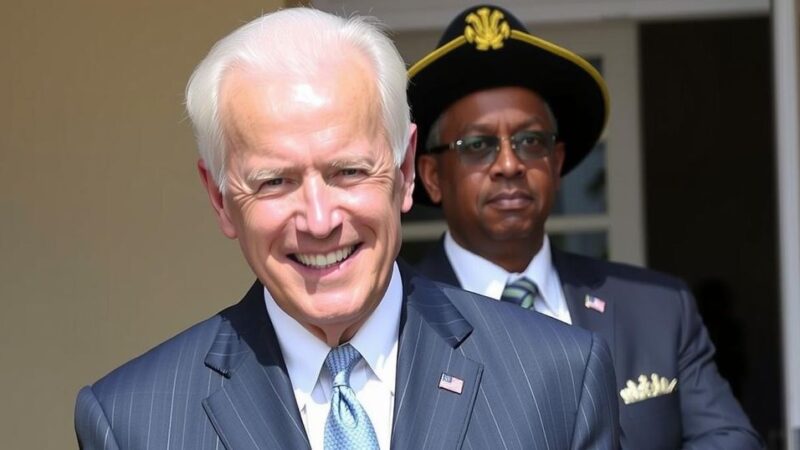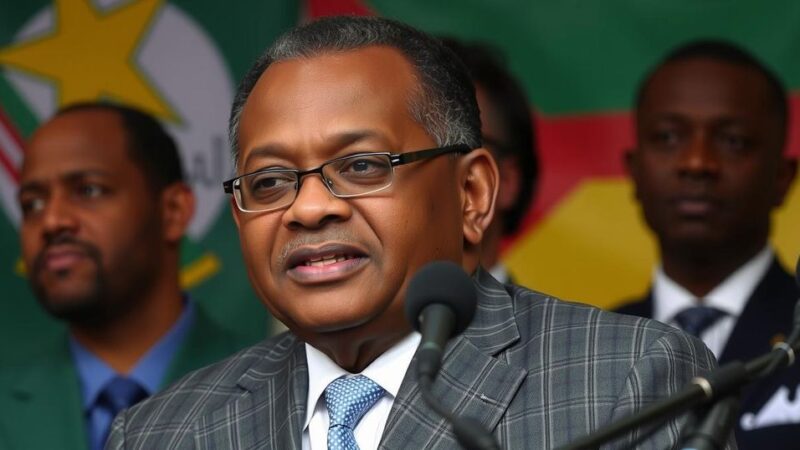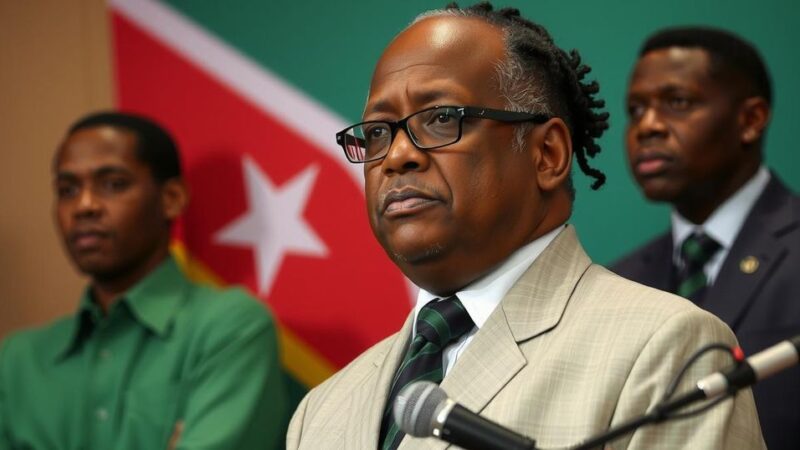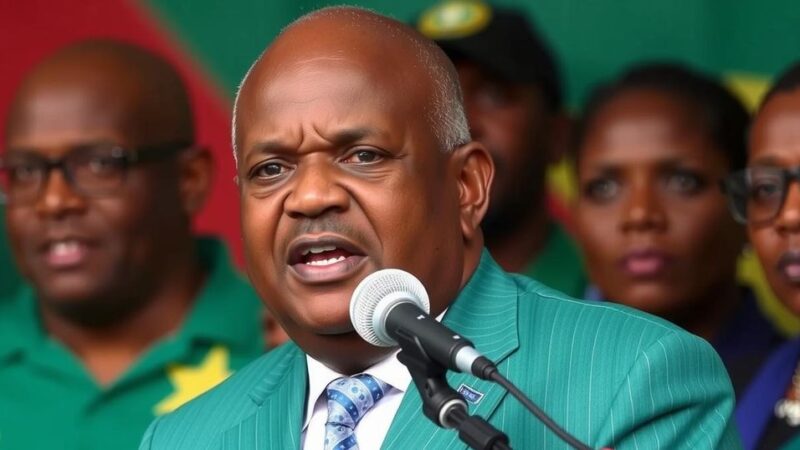Yamandú Orsi wins Uruguay’s presidential election, defeating conservative Álvaro Delgado in a close runoff. His victory reflects a trend of voters seeking change amidst dissatisfaction with incumbents. Orsi pledges to promote unity and tackle issues like poverty and crime while following moderate policies reminiscent of prior leftist governance. His leadership is built upon the legacy of previous administrations known for economic and social reforms.
Yamandú Orsi, representing Uruguay’s leftist opposition, has emerged victorious in the presidential runoff held on Sunday, marking a significant shift in the nation’s political landscape. His victory over Álvaro Delgado of the conservative ruling coalition signals a broader trend of voters expressing discontent with the incumbents in a year characterized by notable electoral changes across several countries. In his acceptance speech, Orsi emphasized his commitment to unity and healing within a divided nation, calling for collaboration to build a better future for all citizens.
After a competitive campaign where the polls suggested a tie between the candidates, Delgado conceded defeat, wishing Orsi the best as he embarks on his new role. Orsi, 57, a seasoned local leader and history teacher, celebrates a close victory with just over 49% of the votes against Delgado’s 46%. He plans to lead a pragmatic administration that recognizes the pressing issues of poverty and security, striving to maintain a balanced economic policy reminiscent of previous governance from 2005 to 2020. Although Orsi aims to represent a ‘new left’, his approach is aligned with moderate policies that ensure continuity in economic and social reforms.
Uruguay conducts its elections within a framework of compulsory voting, resulting in a high turnout rate of nearly 90% in the recent contest. The political climate has been shaped by the gradual decline of support for incumbent parties facing public dissatisfaction over economic woes and crime rates. Orsi’s victory, which ends the center-right coalition’s governance established in 2019, suggests that voters are leaning toward alternative leadership in light of ongoing challenges. Orsi’s predecessor, Luis Lacalle Pou, acknowledged defeat and offered assistance during the transition, emphasizing the importance of collaboration in politics. Historical context reveals that Uruguay has a tradition of leftist governance, with previous administrations responsible for landmark social reforms. Orsi’s connections to former President José Mujica, a key figure in the country’s progressive reforms, provide a lineage of leadership focused on equality and social justice, which resonates with many voters throughout the nation.
The recent election of Yamandú Orsi stands as a pivotal moment for Uruguay, reflecting a significant change in the political current towards leftist policies amid widespread discontent with the status quo. Orsi’s emphasis on unity and collaboration is crucial as he attempts to address pressing issues, including poverty and crime, while navigating a delicate political landscape. His moderate approach suggests a continuation of successful past policies while also aiming for new directions in governance that consider the diverse sentiments of the populace. As he prepares to assume office on March 1, 2025, the expectations for his leadership will be closely monitored both nationally and internationally.
Original Source: time.com

